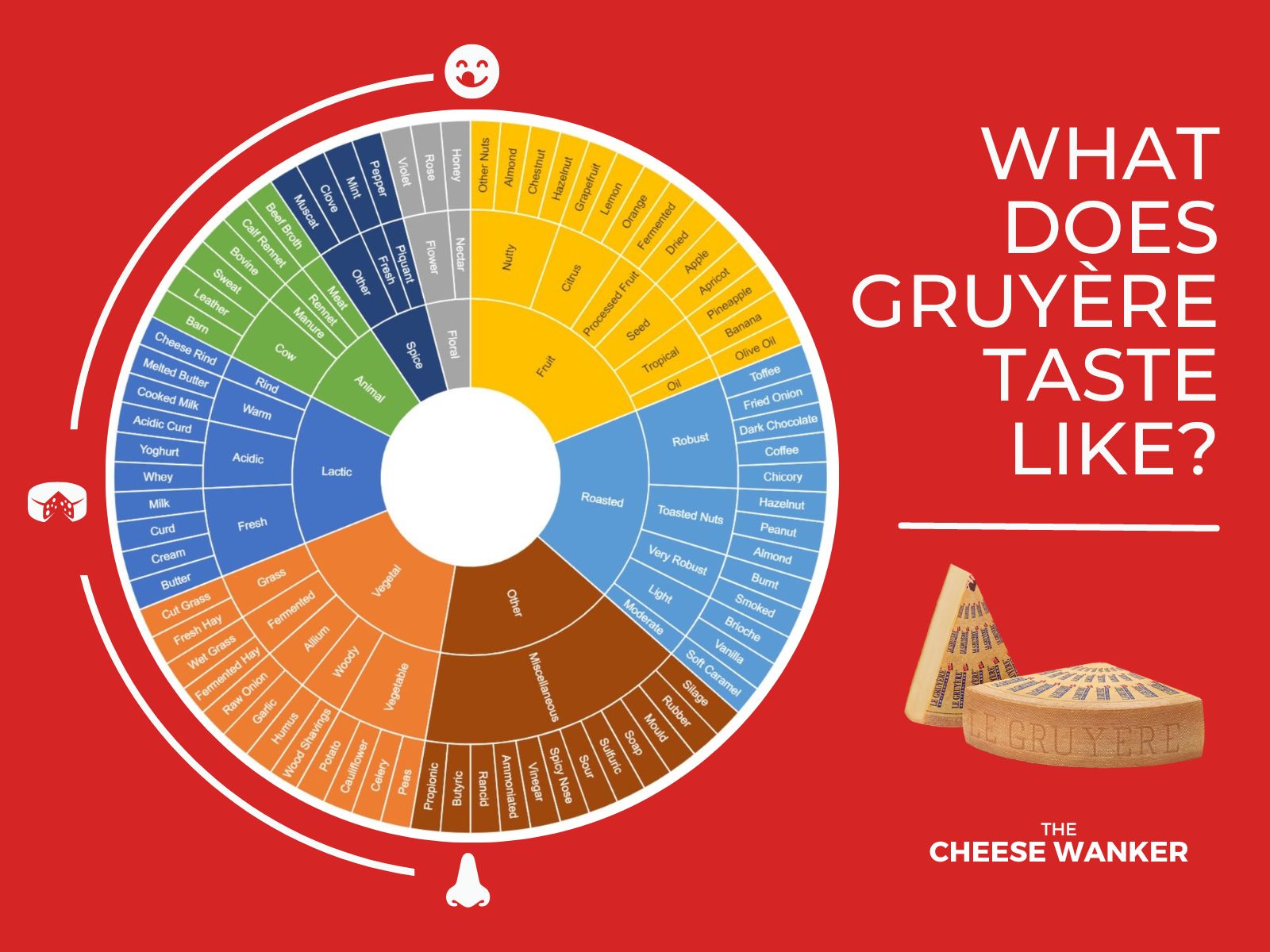Unpacking The Question: Does Head Count As A Body?
Does head count as a body? This intriguing question has sparked debates across various fields, from philosophy to anatomy, and even legal and ethical discussions. At its core, the query probes the boundaries of what we consider a "body" and how we define its components. The human head, rich in neural complexity and central to life functions, often blurs the lines between what is part of the body and what might stand alone as a distinct entity. As we delve deeper into this topic, we'll explore the anatomical, philosophical, and societal implications of this question, aiming to provide clarity and insight for those seeking answers.
From a biological perspective, the human body is a complex system, and the head plays a critical role in its functioning. It houses the brain, the command center for the entire body, and is connected to the rest of the system through the spinal cord. But when we separate the head from the body, does it still qualify as part of the body? This question has implications in organ transplantation, bioethics, and even science fiction, making it a fascinating topic worth exploring. In this article, we will dissect the issue from multiple angles, ensuring a comprehensive understanding of the subject.
As we move forward, it's important to note that the debate around "does head count as a body" is not just theoretical; it has practical applications in medicine, law, and technology. For instance, advancements in medical science have made it possible to keep a head alive outside the body for a short period, raising questions about the definition of life and personhood. These discussions are crucial in shaping future policies and ethical guidelines. Let's now explore the various dimensions of this topic through a detailed examination of its key aspects.
Read also:David Axelrod Net Worth A Comprehensive Look At His Wealth Career And Influence
What is the Biological Definition of a Body?
To understand whether the head qualifies as part of the body, we first need to establish a biological definition of a body. In scientific terms, the body is an organism consisting of various systems working together to sustain life. These systems include the circulatory, respiratory, nervous, and digestive systems, among others. The head, being the control center, integrates these systems and ensures their proper functioning. However, the separation of the head from the body raises questions about the continuity of these systems and whether the head can still be considered part of the body.
Does Head Count as a Body in Anatomy?
From an anatomical standpoint, the head is undeniably a critical component of the human body. It contains vital organs such as the brain, eyes, ears, and mouth, which are essential for sensory perception and communication. When considering the question "does head count as a body," anatomists argue that the head cannot exist independently without the support of the body's other systems. While it may sustain some functions temporarily, its long-term viability is dependent on its connection to the rest of the body.
Can the Head Function Without the Body?
This is one of the most intriguing questions in the debate. Advances in medical science have made it possible to sustain a head's basic functions for a short period after separation from the body. However, this does not mean the head can function indefinitely without the body. The lack of blood supply and other vital resources eventually leads to the deterioration of the head's tissues and organs. This limitation highlights the interdependence of the head and the body, reinforcing the idea that the head does not count as a body in isolation.
What Are the Ethical Implications of the Debate?
The question "does head count as a body" has significant ethical implications, particularly in the context of organ transplantation and bioethics. If the head is considered a separate entity, it could lead to new possibilities in medical procedures, such as head transplants. However, this raises concerns about the identity and personhood of the individual involved. Ethicists debate whether such procedures respect the dignity and autonomy of the person, or if they exploit vulnerable individuals for scientific advancement.
How Does the Law Define a Body?
Legal definitions of a body often vary depending on jurisdiction and context. In criminal law, for instance, the body is typically defined as a complete organism, including the head. However, in cases involving organ donation or transplantation, the definition may differ. The question "does head count as a body" becomes particularly relevant in these scenarios, as it affects how legal systems approach issues related to death, consent, and ownership of body parts.
Does Head Count as a Body in Science Fiction?
Science fiction has long explored the idea of separating the head from the body, often portraying it as a means of extending life or achieving immortality. While these scenarios are fictional, they reflect humanity's fascination with the question "does head count as a body." By examining these narratives, we can gain insights into the cultural and philosophical dimensions of the debate, as well as its potential impact on future technological advancements.
Read also:Discover The Best Solution For Hearing Loss Nebroo Hearing Aid
What Are the Philosophical Perspectives on This Question?
Philosophers have long debated the nature of the body and its components, offering various perspectives on the question "does head count as a body." Some argue that the head, as the seat of consciousness and identity, is the most essential part of the body. Others contend that the body is a holistic entity, and its parts cannot be separated without losing their meaning and function. These philosophical debates provide valuable context for understanding the complexity of the issue.
Does Head Count as a Body in Religious Beliefs?
Religious traditions also offer unique insights into the question "does head count as a body." Many faiths view the body as a sacred vessel, and its parts as integral to the individual's identity and soul. The separation of the head from the body is often seen as a violation of this sacredness, raising questions about the moral and spiritual implications of such actions. Understanding these beliefs can help us appreciate the diverse perspectives on this topic.
What Are the Technological Advancements in This Field?
Recent advancements in medical technology have brought the question "does head count as a body" into sharper focus. Researchers are exploring the possibility of head transplants and other procedures that challenge traditional notions of the body. While these developments hold promise for treating severe injuries and diseases, they also raise ethical and practical concerns that must be addressed. As we continue to push the boundaries of science, it is essential to consider the broader implications of our actions.
Conclusion: Does Head Count as a Body?
In conclusion, the question "does head count as a body" is complex and multifaceted, with implications across various fields. From a biological and anatomical perspective, the head is an integral part of the body, but its ability to function independently is limited. Ethical, legal, and philosophical considerations further complicate the issue, highlighting the need for careful reflection and dialogue. As we continue to explore the boundaries of what defines a body, it is crucial to prioritize the well-being and dignity of individuals affected by these discussions.
Table of Contents
- Unpacking the Question: Does Head Count as a Body?
- What is the Biological Definition of a Body?
- Does Head Count as a Body in Anatomy?
- Can the Head Function Without the Body?
- What Are the Ethical Implications of the Debate?
- How Does the Law Define a Body?
- Does Head Count as a Body in Science Fiction?
- What Are the Philosophical Perspectives on This Question?
- Does Head Count as a Body in Religious Beliefs?
- What Are the Technological Advancements in This Field?
By examining the question "does head count as a body" from multiple angles, we can gain a deeper understanding of its significance and implications. This exploration not only enriches our knowledge but also fosters a more informed and compassionate approach to the challenges and opportunities presented by this fascinating topic.
Article Recommendations

